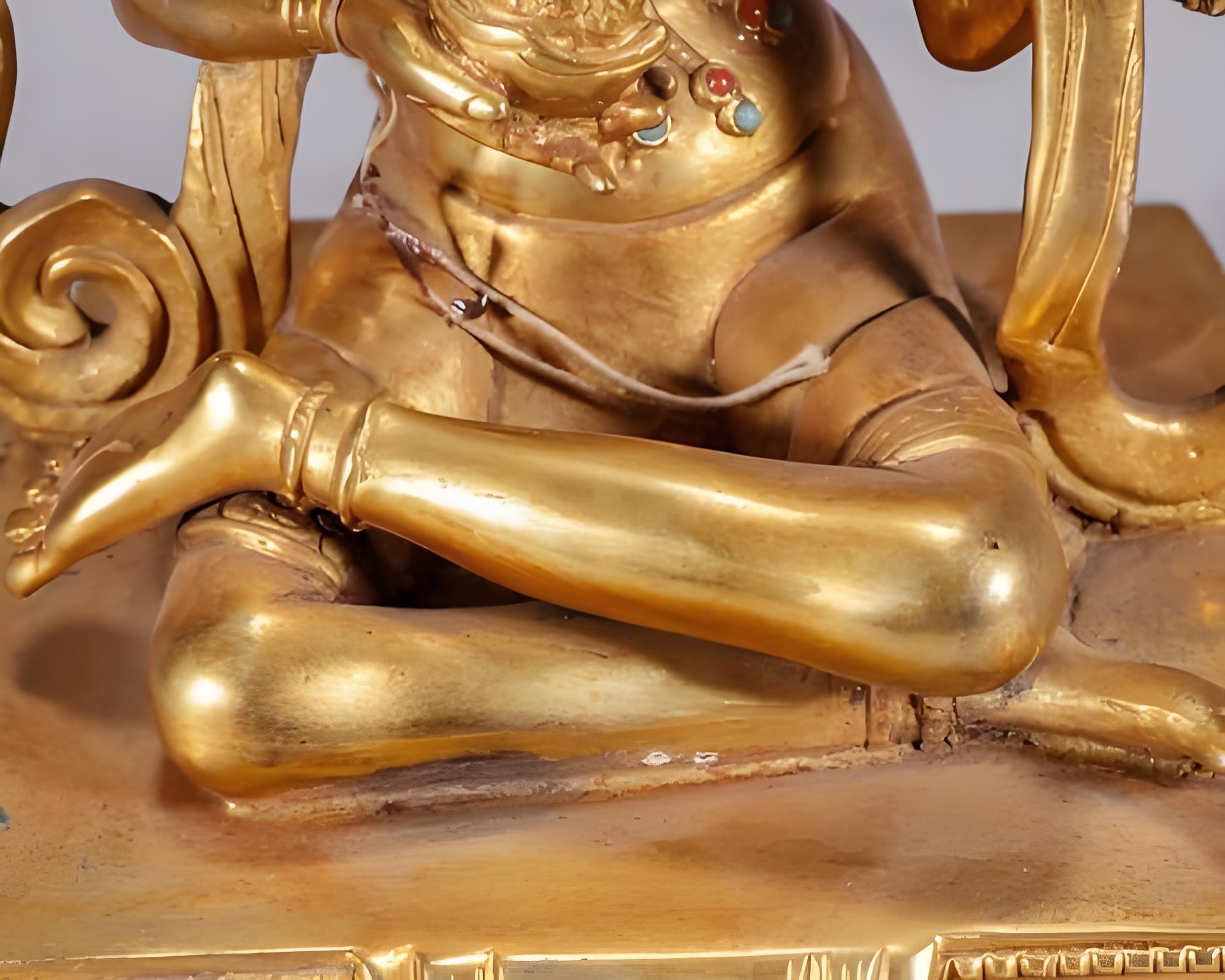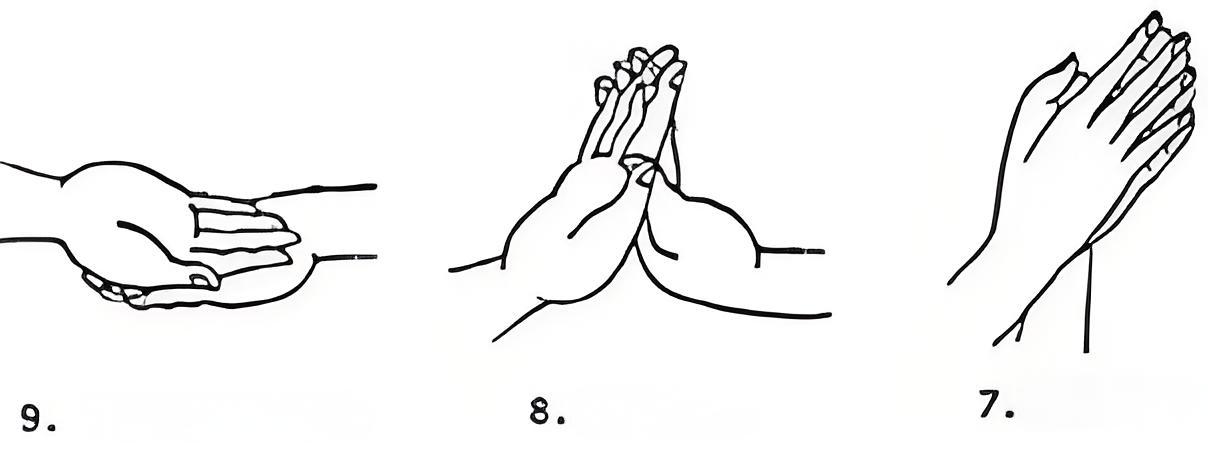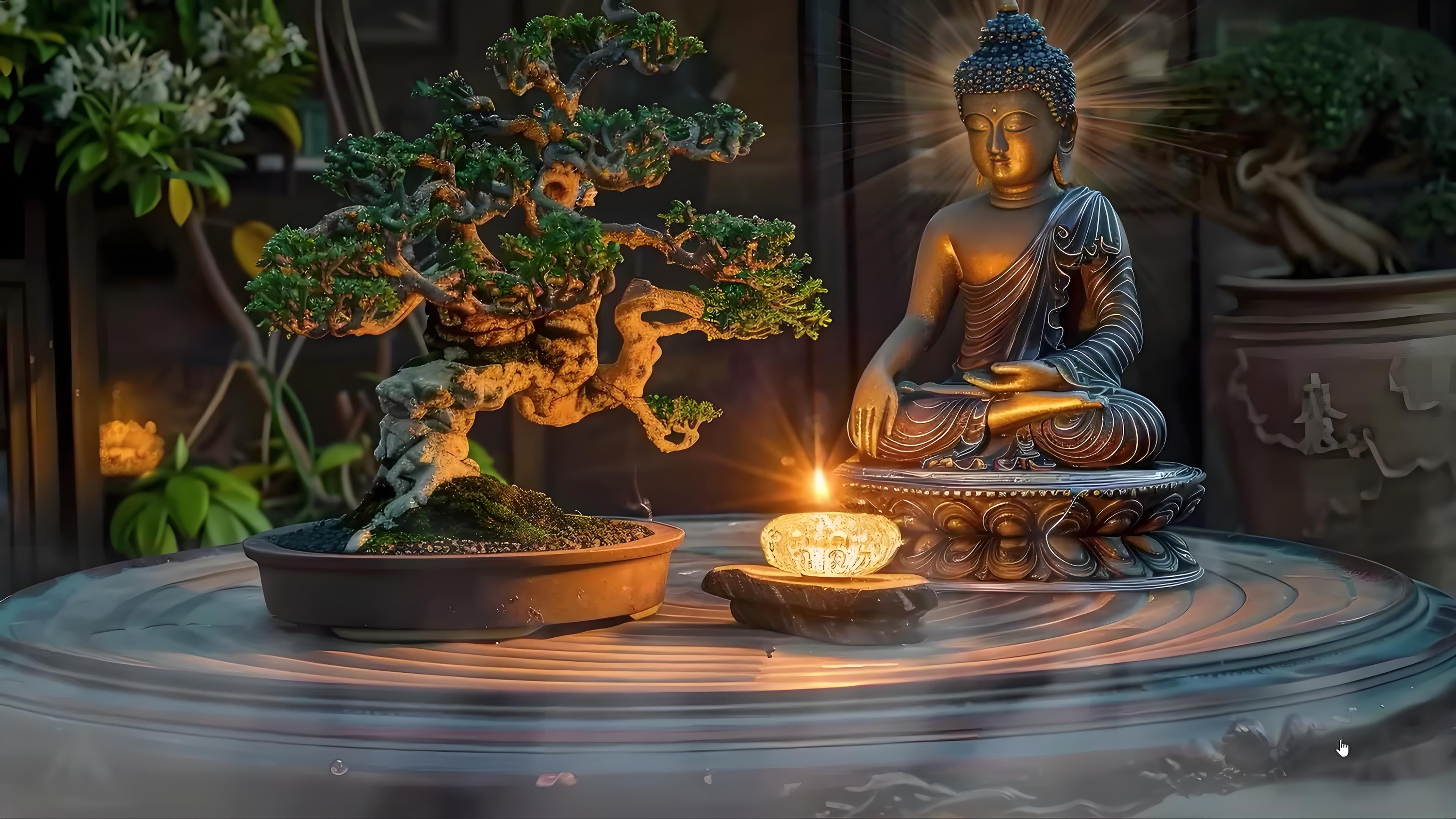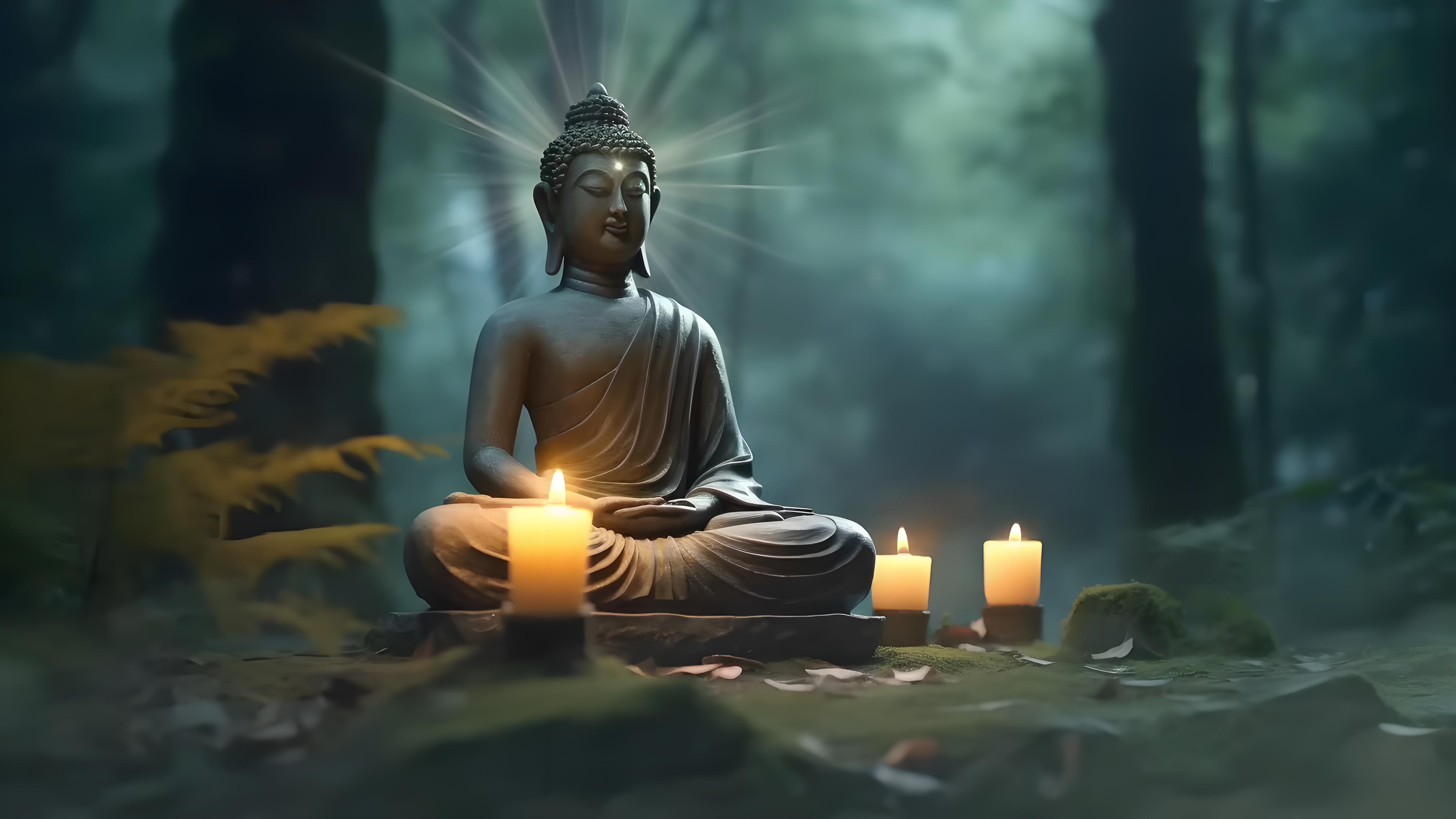type
status
date
slug
summary
tags
category
icon
password
AI summary

For those new to Buddhism, where should one begin? With Buddhist scriptures being so vast and profound, where is the starting point? These are common questions among beginners.
Contemporary Consciousness-Only School master Elder Weixian has pointed out a path for Buddhist beginners: through taking refuge, observing precepts, repentance, and making vows, these steps will help you become a true Buddhist disciple.
1. First Learn Buddhism by Contemplating Suffering: Without Understanding Suffering, One Cannot Develop Renunciation
To begin studying Buddhism, one must first contemplate suffering. Only by contemplating suffering can one develop the mind of renunciation. Without contemplating suffering, renunciation cannot arise. If one only seeks immediate pleasure and ignores matters of life and death, they will live their entire life in confusion, without awakening, living in suffering or finding pleasure in suffering without realizing it.
There are "three types of suffering": the suffering of suffering, the suffering of change, and pervasive suffering. "The suffering of suffering" refers to life's inherent suffering, suffering upon suffering, including the eight sufferings: birth, aging, illness, death, meeting with the unpleasant, separation from the pleasant, not getting what one wants, and the suffering of the five aggregates.
"The suffering of change" refers to how wealth, fame, and status may seem wonderful, like family reunions or having money and power - they seem amazing and enjoyable, but in reality, they are impermanent and changing. The Buddha has a verse on impermanence: "All that is accumulated will disperse, all that is high will fall, all meetings end in separation, all that is born will die." Life is impermanent, and change brings suffering.
What is "pervasive suffering"? It refers to our five aggregates body, whose cells are constantly, moment by moment, undergoing the process of "birth to death." From this perspective, this is called pervasive suffering.

2. Learning Buddhism Means Recovering the Buddha Mind: With Corrupted Intentions, One Falls into Hell Even While Alive
Humans exist in an intersection of pleasure and suffering, with more suffering than pleasure, yet both are present. What does this mean? It means that humans are at a crucial point between ascending and falling. Everyone should be vigilant about this - if your intentions become corrupted and greed, anger, delusion, and pride develop, you will fall. This fall doesn't just happen after death; it happens right now. Heavy greed leads to the hungry ghost realm, heavy anger leads to hell realms, heavy delusion leads to animal realms - the transformation happens now, not just after death, which is terrifying.
Ancient sages and wise people have said that many people have animal hearts in human faces, wolves in human skin - this is precisely the case.
Therefore, human life is crucial. If you can improve your mind, cultivate your heart according to the Buddha's teachings, take refuge in the Three Jewels, observe the Five Precepts and Ten Virtuous Actions, understand cause and effect, and put these into practice, you can ascend, achieving a higher rebirth. This higher rebirth means having the conditions for ascension, being more exceptional than ordinary animals - humans are considered the crown of all beings.
Buddhism is a path of mind cultivation; first, one must transform and revolutionize the mind. Chan Buddhism speaks of mind; it's also called the Buddha-mind school, aiming to recover the Buddha mind through precepts, concentration, and wisdom.
What is the Buddha mind? It is a vast mind, a pure mind, an upright mind, a compassionate mind, and an equal mind.
Vastness means being without narrowness, with a mind as expansive as space; purity means being without defilement, like a bright pearl; uprightness means being without distortion, conforming to the Middle Way, which is the theoretical foundation of Buddhism; equality means that all beings, including those born from wombs, eggs, moisture, or transformation, whether flying, swimming, moving, or growing, are all equal. All beings have Buddha nature, and we Buddhist practitioners should respect and protect all beings because they have Buddha nature. It's possible that when they hear the Dharma, they might progress faster than you. Therefore, don't look down on any being. We should achieve equality without discrimination and compassion without hatred.

3. Learning Buddhism: From Taking Refuge in the External Three Jewels to the Three Jewels of Our Own Nature
Taking refuge in the Three Jewels means taking refuge in the Buddha Jewel, Dharma Jewel, and Sangha Jewel. Taking refuge in the Buddha Jewel means activating one's own nature of awakening, enhancing awareness - Buddha means awakening, self-awakening and awakening others, perfecting awakening practice. Taking refuge in the Dharma Jewel means activating one's own wisdom, achieving deep understanding of the scriptures, with wisdom as vast as the ocean. Taking refuge in the Sangha Jewel means removing internal defilements and recovering inner purity, achieving purity in the three karmic actions. Therefore, taking refuge in the Three Jewels focuses on moving from taking refuge in the external Three Jewels to taking refuge in the Three Jewels of our own nature.
Buddhism differs from other religions, which are either monotheistic or polytheistic. Both monotheists and polytheists center their beliefs on the idea that everything is determined by divine power, everything follows divine will.
In Buddhism, this isn't the case. Even gods are sentient beings subject to karma; no god can control everything. One's misfortune and fortune are entirely self-determined - we create our own misfortune and fortune, seek our own blessings, and establish our own destiny. When we take refuge in the Three Jewels, we must understand this principle - this is the meaning and excellence of taking refuge in the Three Jewels.
From taking refuge in the Three Jewels, we begin walking on the bright path of righteousness - this is a wonderful thing. Human birth is rare, hearing the Buddha's teachings is rare, being born in China is rare, meeting good friends is rare! Having obtained this rare human birth, having heard the rare Buddha's teachings, if this body isn't liberated in this life, in which life will it be liberated?
What time is there to wait? We must practice right now, in the present moment, seize the time to do good deeds, establish the view of impermanence - human life is impermanent, lasting only between breaths; if one breath doesn't return, life ends. Thinking of this constantly can alert and inspire us to practice diligently.

4. After Taking Refuge in the Three Jewels, Practice Repentance and Make Vows
After taking refuge in the Three Jewels, one must practice repentance: "All the evil karma ever created by me since of old, on account of beginningless greed, anger, and delusion, born of my body, speech, and mind, I now repent of it all." Repentance is like washing away previous karma, like giving oneself a bath, removing former dust and dirt to receive wholesome dharma. It's like a water jar - it must be cleaned before being filled with fresh water, so we must repent.
Next, we must make vows, the Four Great Vows.
"Beings are boundless, I vow to liberate them": beings are in suffering, I vow to liberate them; "Afflictions are endless, I vow to end them": to liberate beings, first I must end afflictions, the blind cannot lead the blind; "Dharma gates are measureless, I vow to master them": to end afflictions and liberate beings, one must study the Dharma, having this as a goal, the goal of studying Dharma is to liberate beings; "The Buddha Way is supreme, I vow to achieve it": achieving Buddhahood above and transforming beings below, one must develop bodhicitta, I must become a Buddha myself, and becoming a Buddha means liberating beings - without liberating beings, one cannot become a Buddha.
Therefore, the Four Great Vows are magnificent - "great" means magnificent. The power of vows is inconceivable; with vows, accomplishment is certain. These vows are like awakening and compassion - having both compassion and wisdom in making vows makes them unlike worldly vows, which are mixed with desires for fame and profit.

5. Buddhist Disciples Must Observe the Five Precepts and Understand Cause and Effect
After taking refuge, one must observe the Five Precepts - these are the basic guidelines for conduct. What are the Five Precepts? No killing, no stealing, no sexual misconduct, no false speech, and no intoxicants - these are the most basic.
These basic precepts are common to both monastics and laypeople - note that the Five Precepts aren't just for laypeople, they're included in the fundamental precepts for monastics, though monastics observe complete celibacy rather than the layperson's precept against sexual misconduct. For laypeople, maintaining a faithful marriage is appropriate, but improper relationships should be avoided.
Taking the Three Refuges, observing the Five Precepts, practicing repentance and making vows, understanding cause and effect - these are extremely important. Regarding cause and effect, who in the world truly understands it? Scientific and philosophical causation are merely principles, like selecting good seeds or selective breeding, but this isn't our Buddhist understanding of cause and effect. We must be clear about this - when it comes to how to live as a human and understand past and future, science doesn't address this kind of cause and effect - there's a difference here.
上一篇
The Buddha’s Path to Inner Peace and Wisdom
下一篇
The Path to Spiritual Awakening: Understanding Mind and Spirit in Zen Practice
Loading...






